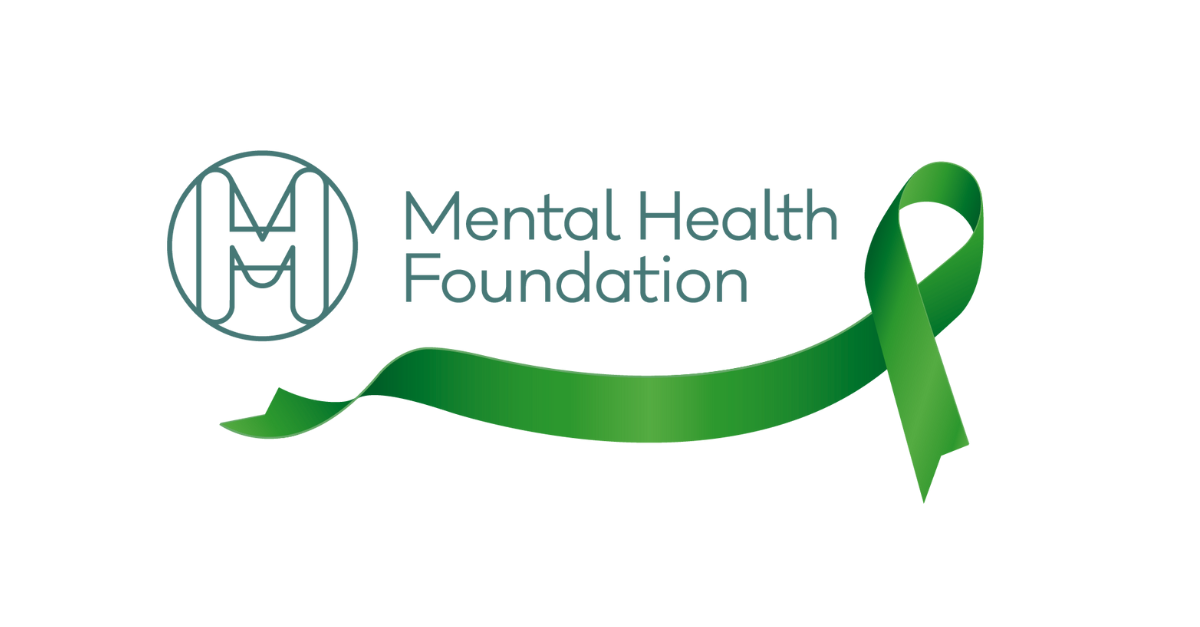10th October, worldwide.
Every year we celebrate World Mental Health Day on 10 October. The theme for 2023, set by the World Foundation of Mental Health, is ‘Mental health is a universal human right’.
World Mental Health Day is about raising awareness of mental health and driving positive change for everyone’s mental health.
Hold a Tea & Talk
Come together with friends, family or colleagues to raise money and awareness for the Mental Health Foundation.
#PinItForMentalHealth
Wear your green ribbon to raise awareness and support good mental health for all.
Talking is good for your mental health. And talking about mental health is important. But starting a conversation isn’t always easy. Whether you’d like to talk to someone about how you’re feeling, or check-in with someone you care about, here are some tips that can help.
Talking about your mental health
1. Choose someone you trust to talk to
This might be a friend, family member or a colleague. Or you might be more comfortable talking to someone you don’t know, for example, through a support helpline. It can help to do a pros and cons list about talking to someone.
2. Think about the best place to talk
It’s important to choose a place where you feel comfortable enough to open-up. You might want to choose somewhere private where you’re less likely to be disturbed. You also might want to talk while you do an activity, like walking together.
3. Prepare yourself for their reaction
Hopefully, you will have a good experience when you open-up to someone. But there’s a chance that they may not react in the way you hope. This may be for different reasons, like they may be worried or not fully understand at first. If that’s the case, try to give them time to process what you’ve told them. It might help to give them information to read to help them understand. And don’t forget to be kind to yourself and practise self-care.
Talking to someone about their mental health
1. Find a good space to talk without distractions
If you’re worried about someone, try to find a place where you know you can have a conversation without being distracted. Make sure to give them your full attention. It might help to switch off your phone.
2. Listen and ask questions
Listening can be one of the most valuable ways to be there for someone. Show them that you’re actively listening by facing them, making eye contact, and not interrupting. Questions can help you clarify what they mean and also show that you’re actively listening. But make sure the questions are relevant to what they’re saying, and not changing the subject.
3. Ask how you can help
Ask how you can help or make suggestions, rather than telling them what to do next. They might want support with making a GP appointment, help around the house, or just for you to keep things normal and chat about what’s going on in your life.
Location: worldwide For more information and detailed program visit the website.
Date: 10th October 2023
Published in GI-Mail 10/2023 (English edition).
- Do you already know our monthly newsletter GI-Mail with useful tips on postgraduate courses?
Sign up here. - Are you looking for vacancies or new career challenges? Here you will find the latest vacancies and job offers.
- Do you already know our monthly job-information GI-Jobs with current job offers for doctors, managers and nurses? Sign up here.
- Are you interested in up to date postgraduate courses and CME? In our education database »medicine & health« you will find new education events from over 2300 organizers.

